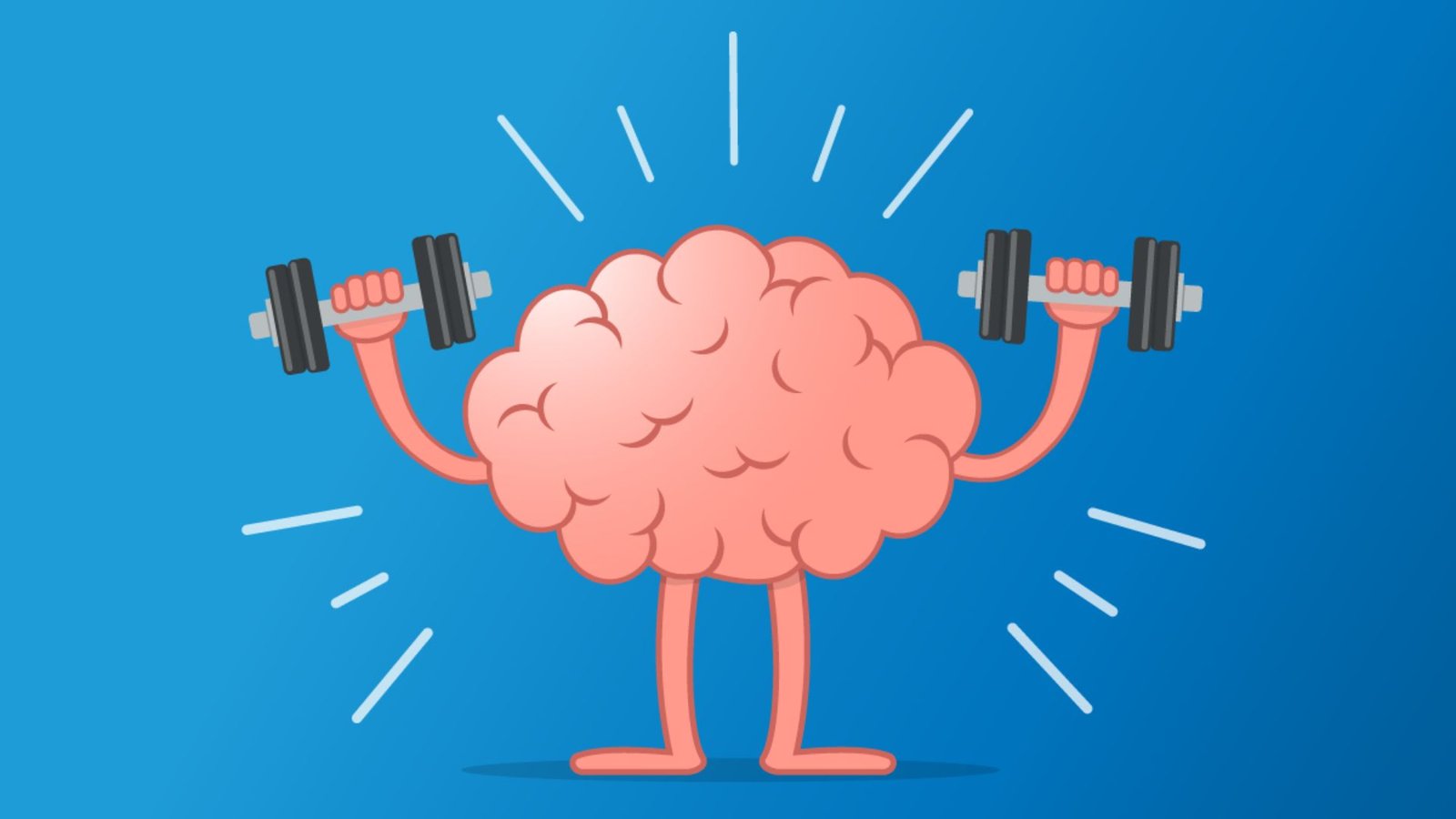Mental health is as important as physical health, yet it is often overlooked. Maintaining your mental health well-being is crucial for leading a balanced and fulfilling life. Mental health well-being impacts how we think, feel, and act, influencing our relationships, work, and overall life satisfaction. Fortunately, there are several simple and effective practices you can incorporate into your daily life to support your mental well-being. In this article, we’ll explore the best strategies to help you take care of your mental health every day.

1. Prioritize Self-Care
Self-care is a cornerstone of good mental health. Taking time for yourself allows you to relax, recharge, and nurture your emotional needs. It’s essential to set aside time each day for activities that bring you joy and relaxation, whether it’s reading a book, taking a bath, practicing meditation, or simply sitting in silence.
Self-care also includes physical aspects, such as getting enough sleep, eating nutritious meals, and staying active. When you prioritize self-care, you send a message to your brain that you value your well-being, which helps boost your mental health.
2. Stay Connected with Others
Humans are social creatures, and building strong social connections is vital for mental health. Spending time with friends, family, or loved ones can provide emotional support and reduce feelings of loneliness or isolation. Strong relationships can also increase feelings of happiness and security.
Even if you can’t meet in person, make sure to connect regularly through phone calls, video chats, or text messages. Engaging in social activities or joining community groups can also help you form meaningful connections and improve your mental health.
3. Practice Mindfulness and Stress Management
Stress is a natural part of life, but chronic stress can negatively impact your mental health. Mindfulness techniques can help you manage stress and stay focused on the present moment. Practices like deep breathing, meditation, and yoga can reduce anxiety and promote relaxation.
Taking short breaks throughout the day to relax and refocus can also help prevent burnout. In addition, practicing gratitude can shift your focus from stress to appreciation, improving your overall mood and mental well-being.
4. Stay Physically Active
Physical exercise is not only great for your body, but it also has a powerful impact on your mental health well-being. Regular exercise helps release endorphins, which are natural mood boosters. It can also reduce anxiety, depression, and stress while improving your overall mood.
You don’t need to engage in intense workouts to experience the benefits. Even daily activities like walking, jogging, or doing yoga can help boost your mental health. Aim for at least 30 minutes of physical activity most days of the week to support both your physical and mental well-being.
5. Eat a Balanced Diet
Your diet plays a significant role in your mental health. Eating a well-balanced diet that includes whole foods, fruits, vegetables, lean proteins, and healthy fats can help maintain stable mood and energy levels. Nutrient-dense foods provide the vitamins and minerals your brain needs to function properly.
For example, foods rich in omega-3 fatty acids (like fish and flaxseeds) and antioxidants (like berries and leafy greens) can support brain health and reduce inflammation. On the other hand, limiting processed foods, refined sugars, and excessive caffeine can help keep your mood stable.
6. Get Enough Sleep
Sleep is essential for mental health well-being. When you don’t get enough sleep, it can affect your mood, memory, and ability to handle stress. Poor sleep is also linked to mental health issues like anxiety and depression.
To improve your sleep quality, establish a consistent sleep schedule, create a calming bedtime routine, and avoid screens at least an hour before bed. Try to aim for 7-9 hours of sleep per night to allow your body and mind to fully recharge.
7. Seek Professional Support When Needed
Taking care of your mental health might sometimes require help from a professional. Therapy or counseling can provide valuable tools and strategies for managing mental health issues like anxiety, depression, or stress. Speaking with a therapist can help you understand your emotions, work through difficult feelings, and develop coping strategies for challenging situations.
If you ever feel overwhelmed or unable to cope with your emotions, don’t hesitate to reach out to a mental health professional. Asking for help is a sign of strength, not weakness.
8. Set Realistic Goals and Expectations
Setting realistic goals can give you a sense of purpose and accomplishment. However, it’s important not to set goals that are too ambitious or unattainable, as this can lead to feelings of frustration or inadequacy. Break large tasks into smaller, manageable steps and celebrate small victories along the way.
Be kind to yourself and avoid negative self-talk. Understand that it’s okay to make mistakes or face setbacks. The key is to keep moving forward and stay focused on the progress you’re making.
9. Avoid Substance Abuse
Substance abuse can negatively impact your mental health and well-being. Drugs and alcohol may seem like a way to cope with stress or emotional pain, but they can often make things worse in the long run. They can interfere with your ability to think clearly, make healthy decisions, and maintain balanced emotions.
If you find yourself turning to substances for relief, consider seeking help. There are many resources and support groups available to assist with substance abuse issues.
10. Stay Positive and Practice Gratitude
Finally, maintaining a positive outlook can improve your mental health well-being. Focusing on the good in your life, rather than dwelling on negative aspects, can shift your mindset and boost your mood. Practicing gratitude by writing down things you’re thankful for each day can help you feel more positive and appreciative.
Having a positive mindset doesn’t mean ignoring challenges, but rather approaching them with resilience and optimism. Embrace a growth mindset, and remember that each day is an opportunity to improve your mental health and overall happiness.
Conclusion
Maintaining your mental health well-being is a lifelong journey that requires daily care and attention. By prioritizing self-care, staying connected with others, managing stress, exercising, and eating a balanced diet, you can strengthen your mental health and enhance your emotional resilience.
Remember, it’s okay to ask for help when needed, and small changes can make a big difference in how you feel. Take one step at a time, and practice habits that support your mental health each day.











